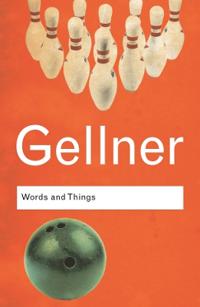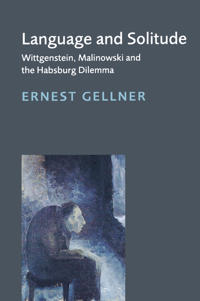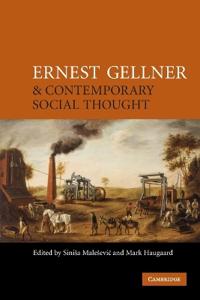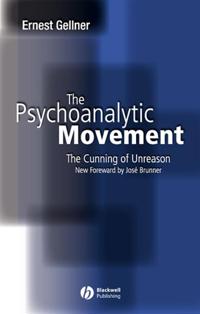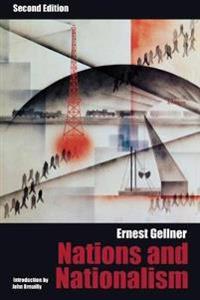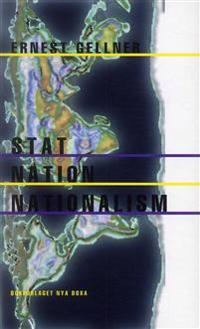Words and Things (Storpocket)
avErnest Gellner
ISBN: 9780415345484 - UTGIVEN: 200501When Ernest Gellner was his early thirties, he took it upon himself to challenge the prevailing philosophical orthodoxy of the day, Linguistic Philosophy. Finding a powerful ally in Bertrand Russell, who provided the foreword for this book, Gellner embarked on the project that was to put him on the [...]
Language and Solitude (Pocket)
avErnest Gellner
ISBN: 9780521639972 - UTGIVEN: 1998-11Ernest Gellner (1925?1995) has been described as ?one of the last great central European polymath intellectuals?. His last book throws new light on two leading thinkers of their time. Wittgenstein, arguably the most influential and the most cited philosopher of the twentieth century, is famous for h[...]
Ernest Gellner and Contemporary Social Thought (Pocket)
avSinisa (EDT) Malesevic, Mark (EDT) Haugaard, Sinisa (EDT) Malesevic
ISBN: 9780521709415 - UTGIVEN: 2007-12Ernest Gellner was a unique scholar whose work covered areas as diverse as social anthropology, analytical philosophy, the sociology of the Islamic world, nationalism, psychoanalysis, East European transformations and kinship structures. Despite this diversity, there is an exceptional degree of unit[...]
The Psychoanalytic Movement (Häftad)
avErnest Gellner
ISBN: 9780631234135 - UTGIVEN: 200212How did the language of psychoanalysis become the dominant idiom in which the middle classes of the industrialized West speak about their emotions? Ernest Gellner offers a forceful and complex answer to this intriguing question in The Psychoanalytic Movement. This landmark study argues that although[...]
Nations and Nationalism (Häftad)
avErnest Gellner, John Breuilly
ISBN: 9780801475009 - UTGIVEN: 200902From reviews of the first edition: "Brilliant, provocative . . . a great book." New Statesman "An important book . . . It is a new starting line from which all subsequent discussions of nationalism will have to begin." New Society "A better explanation than anyone has yet offered of why nationalism [...]
Nations and Nationalism, 2nd Edition (Häftad)
avErnest Gellner
ISBN: 9781405134422 - UTGIVEN: 2006-05-31An exploration of the roots of nationalism. It argues that nationalism is a product of industrialization.[...]
Ernest Gellner
ISBN: 9781844677580 - UTGIVEN: 2012-02Ernest Gellner was a multilingual polymath, able to set the agenda in the study of nationalism and the sociology of Islam. In this definitive biography, particular attention is paid to his Prague roots, and to debates with Michael Oakeshott, Isaiah Berlin, Charles Taylor, Noam Chomsky, Edward Said, [...]
Stat, nation, nationalism (Häftad)
avErnest Gellner
ISBN: 9789157800169 - UTGIVEN: 199701Nationalismens inbrytning i den moderna världen ses ofta som ett återuppvaknande av primitiva instinkter, eller som en vanföreställning som närs av ett litet fåtal. Här, i Gellners klassiker Nations and Nationalism, tolkas nationalismen utifrån dess sociala rötter med ursprung i den industr[...]

